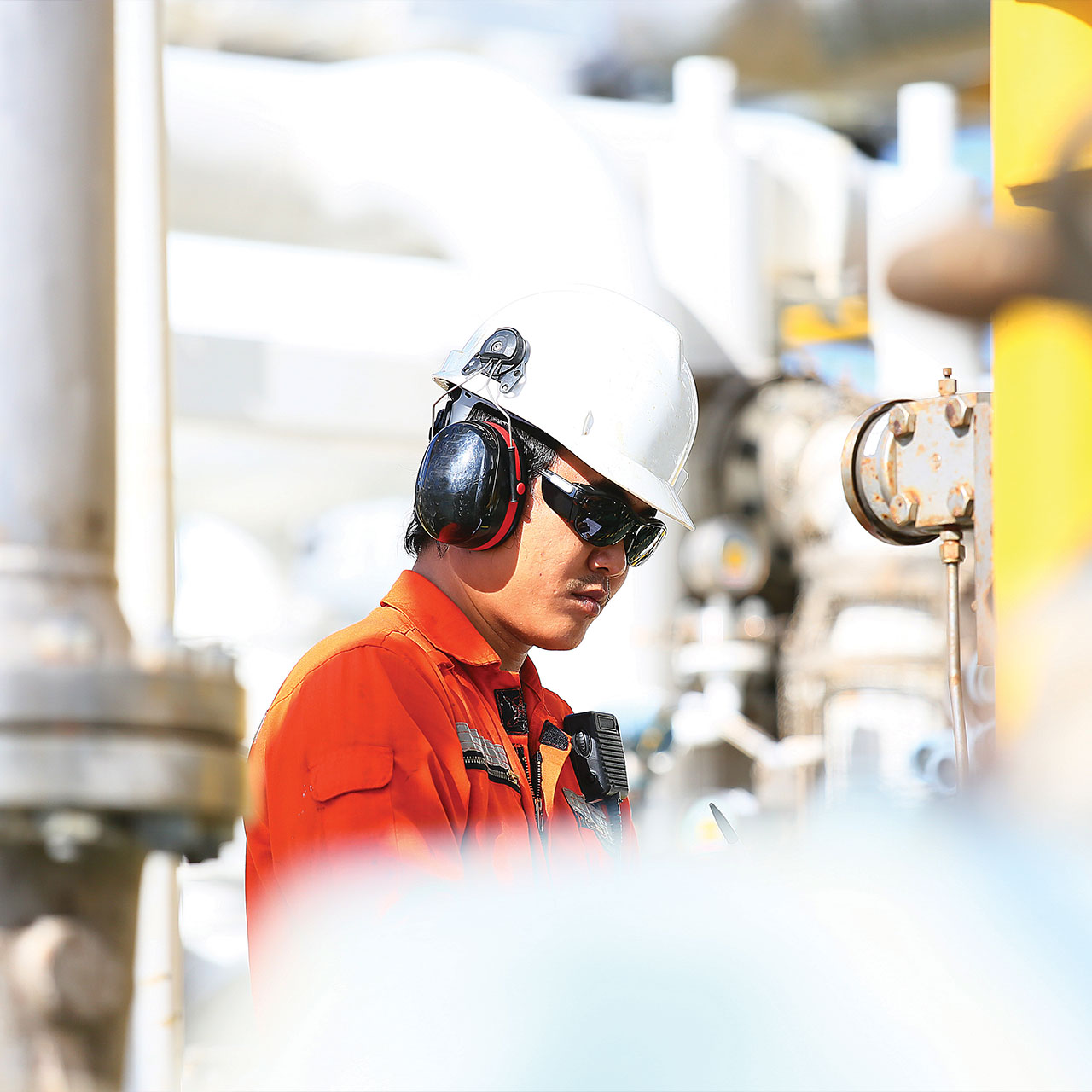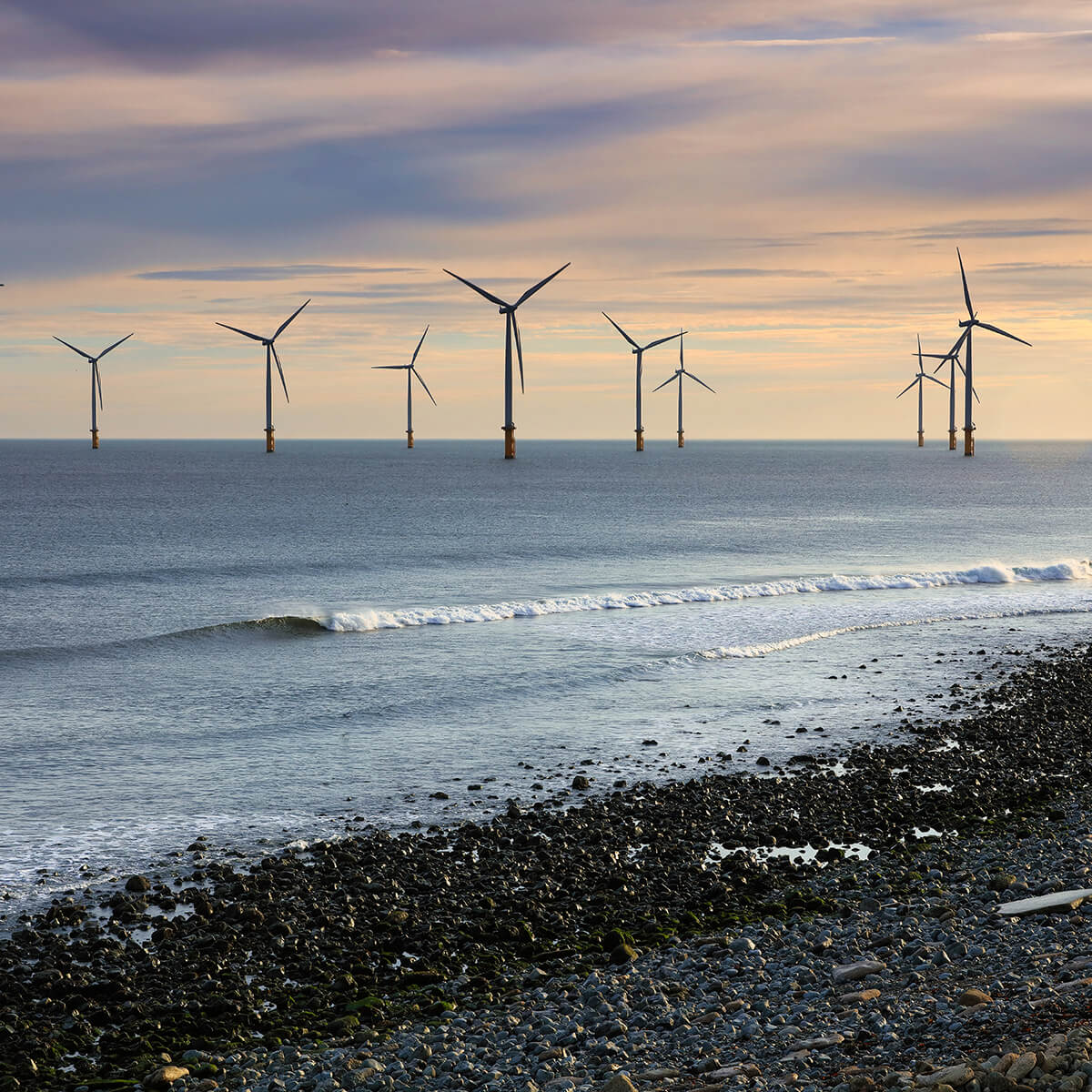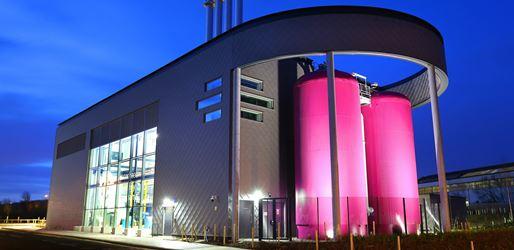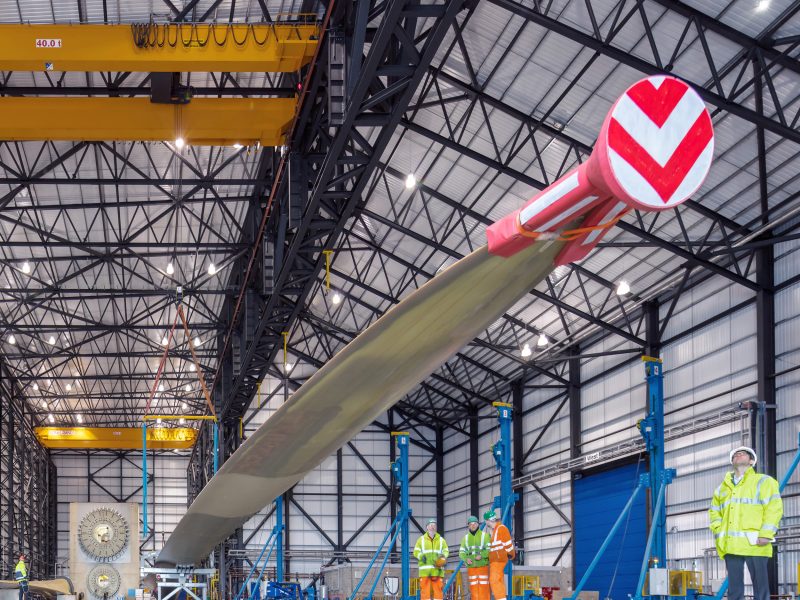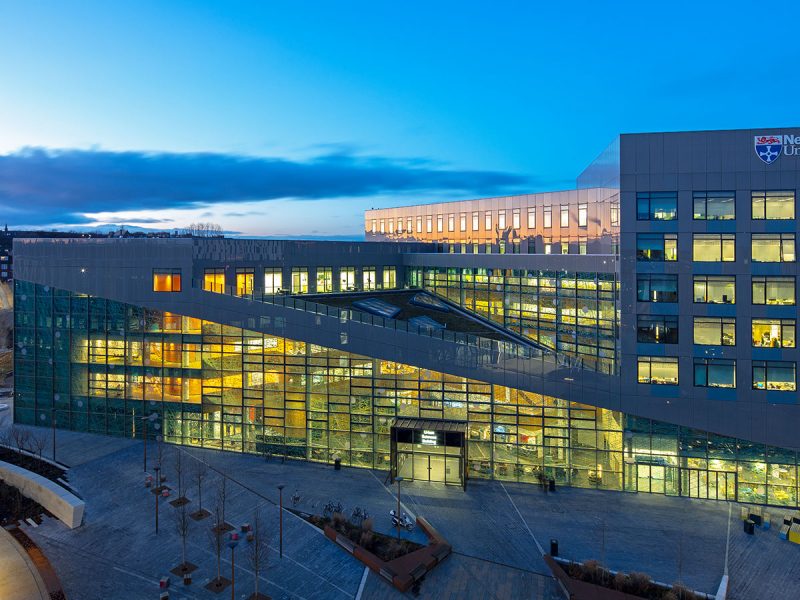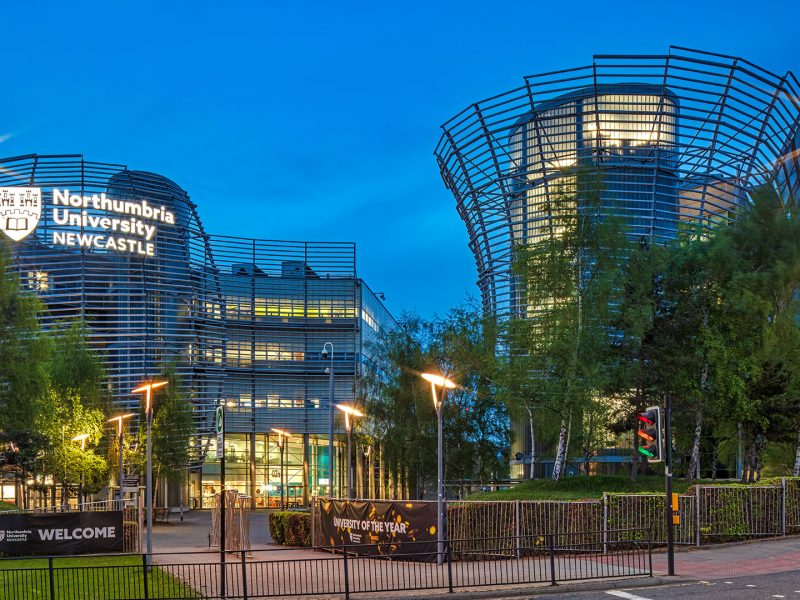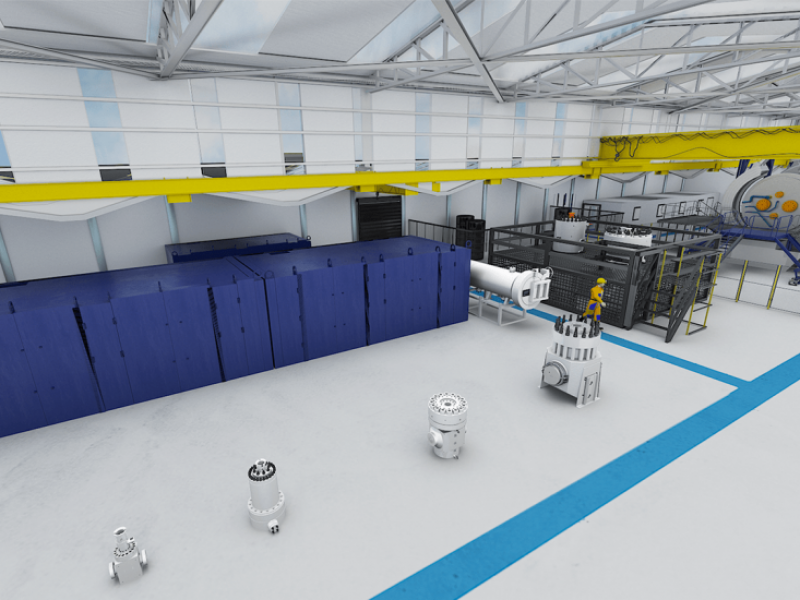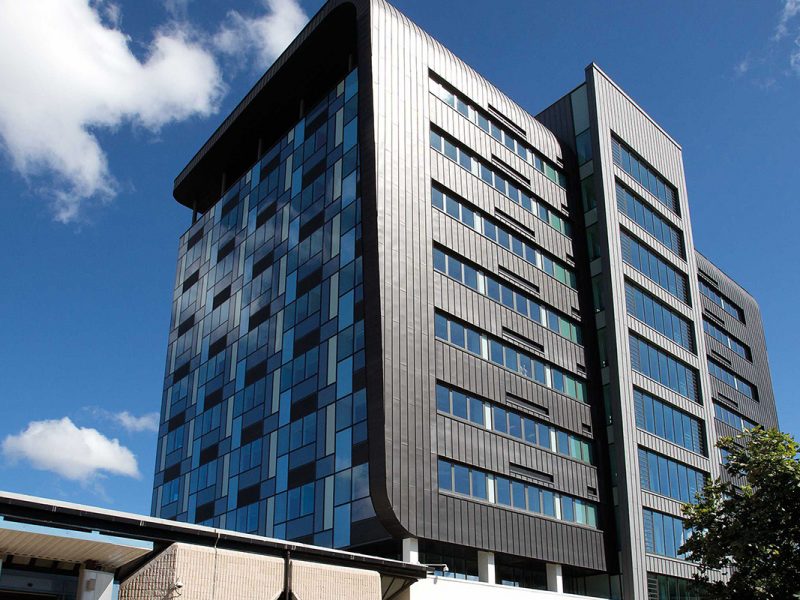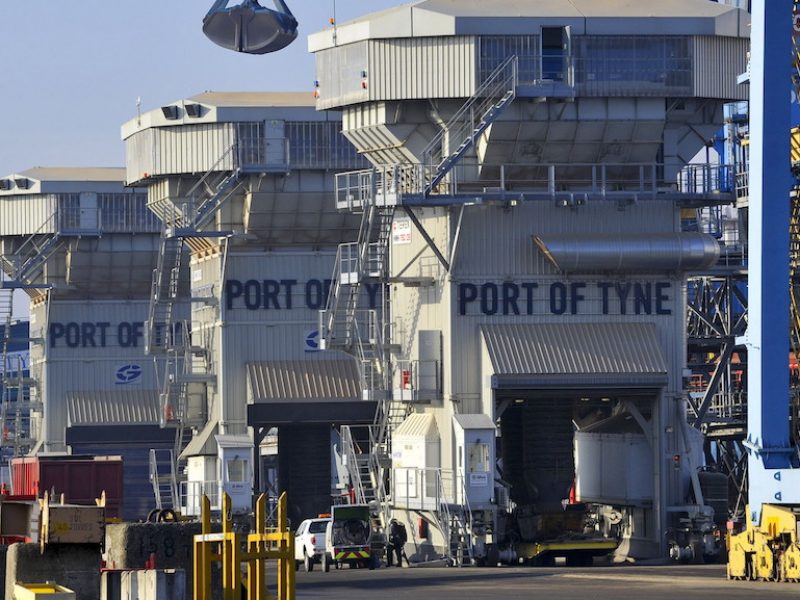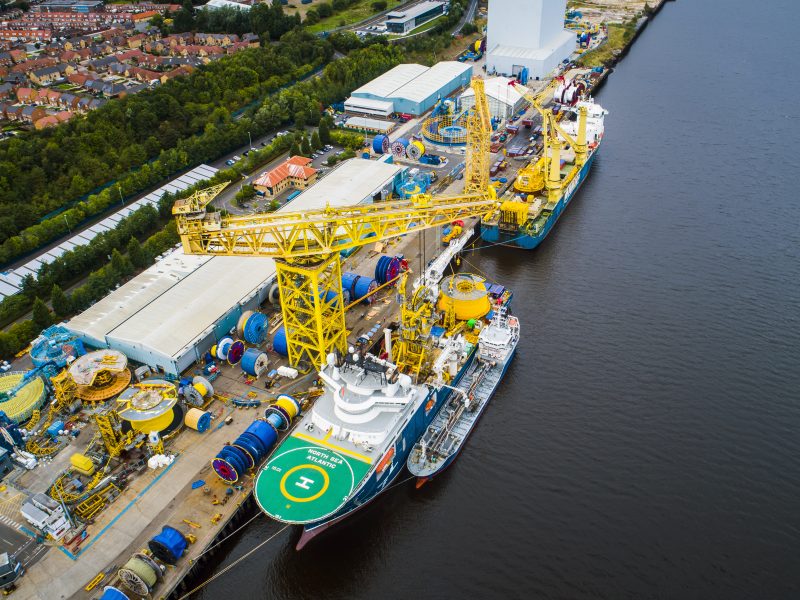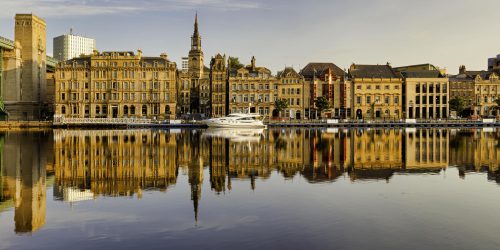
Newcastle is playing a global leadership role in the drive towards net zero, with the anchor institutions of the city all committed to becoming carbon neutral by 2030.
The North East has the highest concentration of energy-related companies of any English region, with 7,600 people employed in over 700 businesses. Together, these companies generate an annual turnover of £2.7bn in the low carbon economy. Newcastle is the major city hub for the energy sector with 266 businesses located in the city, including Siemens Energy, Baker Hughes and TechnipFMC.
Many of these businesses are located at Shepherd Offshore, which has been operating on Newcastle Quayside for over 40 years, serving as a major strategic asset boasting 200 acres of bespoke facilities to world class manufacturing clusters.
The city is at the forefront of the green energy transition, identified by the Department for Business and Trade (DBT) as a High Potential Opportunity (HPO) for heat decarbonisation, owing to the £500 million pipeline of heat networks planned across the region.
Newcastle is a research intensive city hosting many national research centres which tackle challenges in the decarbonisation of energy systems, including the National Centre for Energy Systems Integration (CESI), the North East Centre for Energy Materials (NECEM), and Northumbria University’s Energy Futures research community. Results from the Research Excellence Framework (REF2021) revealed that the North East has the strongest team of researchers of any region outside of London.
The region boasts five universities, with four ranking in the Times Higher Education Ranking 2022. Almost 10,000 students study engineering and technology subjects, the highest proportion of any UK region. This extensive research and education base provides the necessary pipeline for the clean energy transition.
Newcastle has also been recognised by international climate research, CDP, as one of the world’s leading cities for tackling climate change, achieving the top ‘A’ grade status in 2021, 2022 and 2023. Newcastle City Council, Newcastle University and Newcastle Hospitals NHS Foundation Trust have all committed to achieving net zero carbon emissions by 2030, demonstrating the city-wide commitment to powering a greener future.

North East England is a High Potential Opportunity for heat decarbonisation.

The Centre of Excellence for Marine Hydrodynamics, Coatings and Material opened by Newcastle University in 2016.

Access to three deep sea ports in Newcastle city area.

Energy-related businesses generate an annual turnover of £2.7 billion in the North East Low Carbon Economy.
Take a look at the energy and sustainability clusters driving growth in Newcastle.
Who’s here


















Explore the assets local companies are using to power innovation.
Key partners






